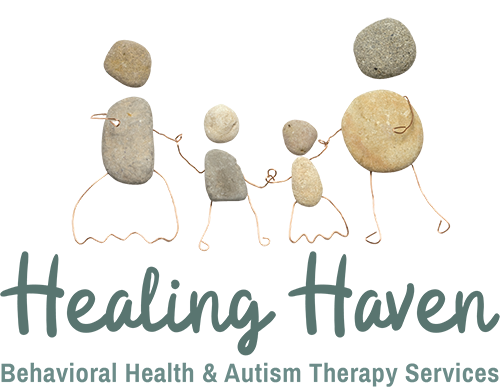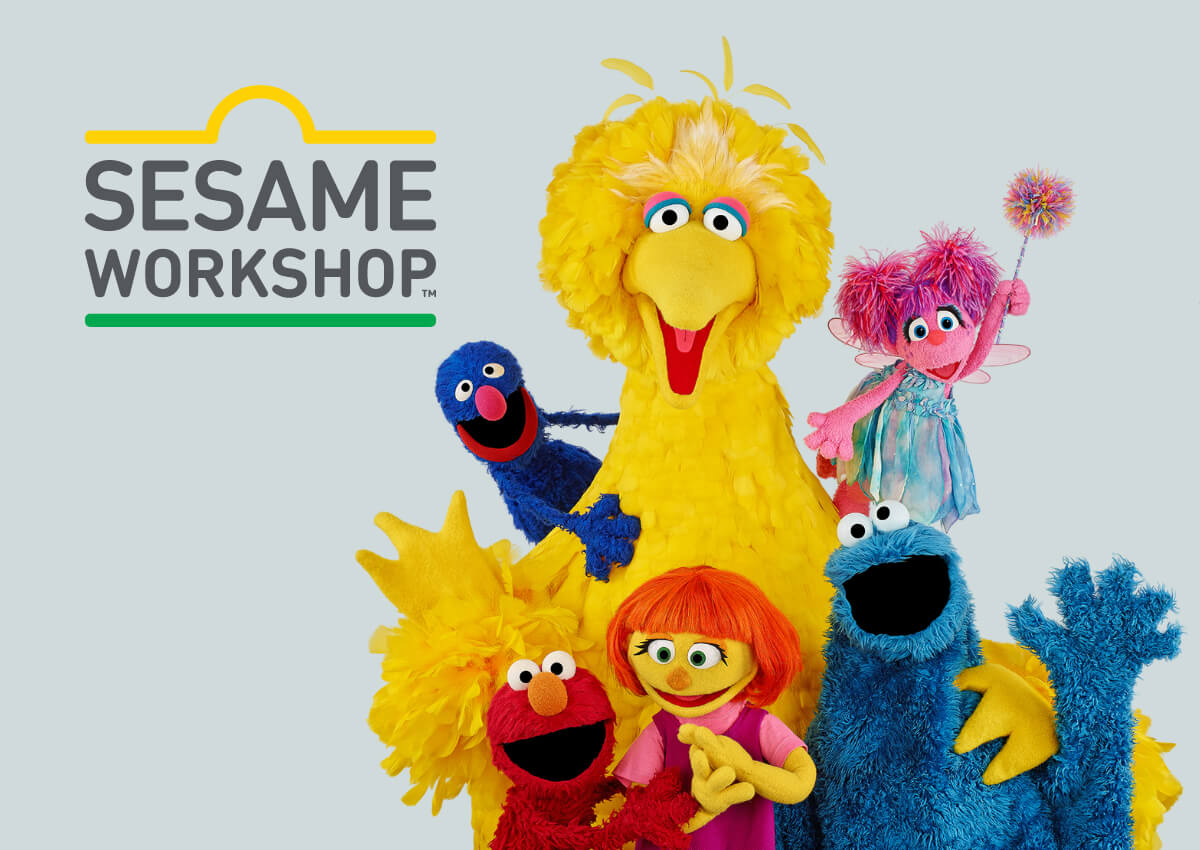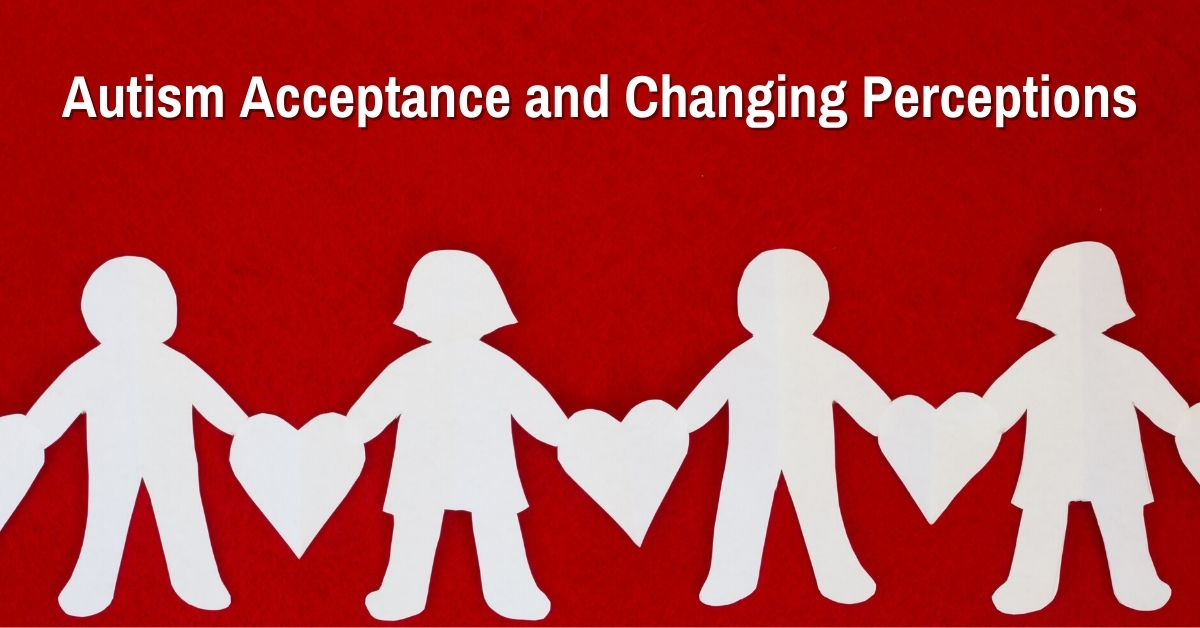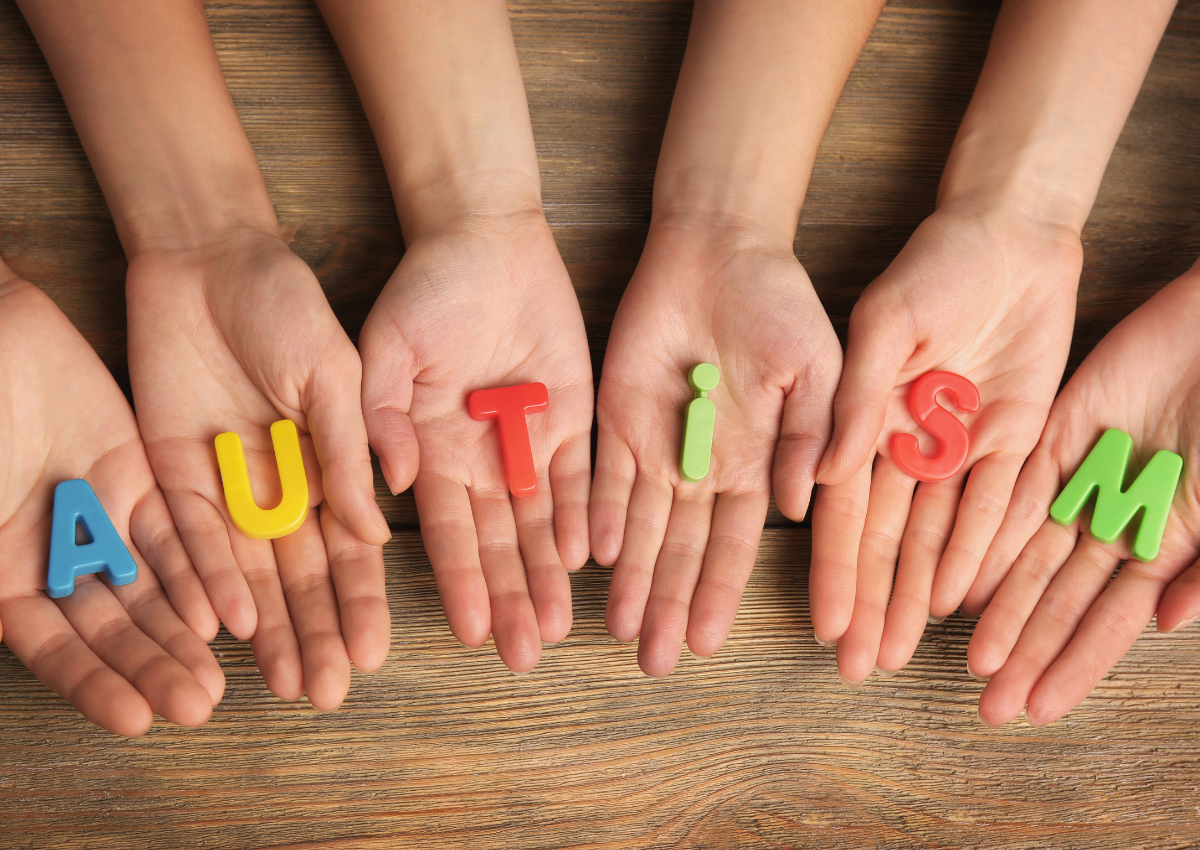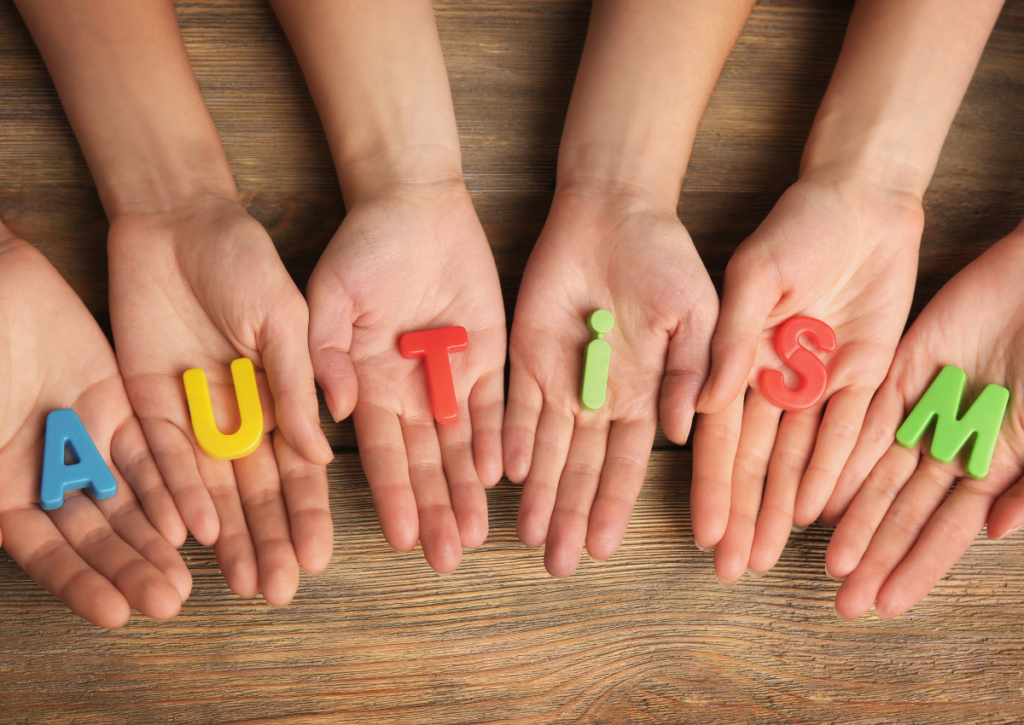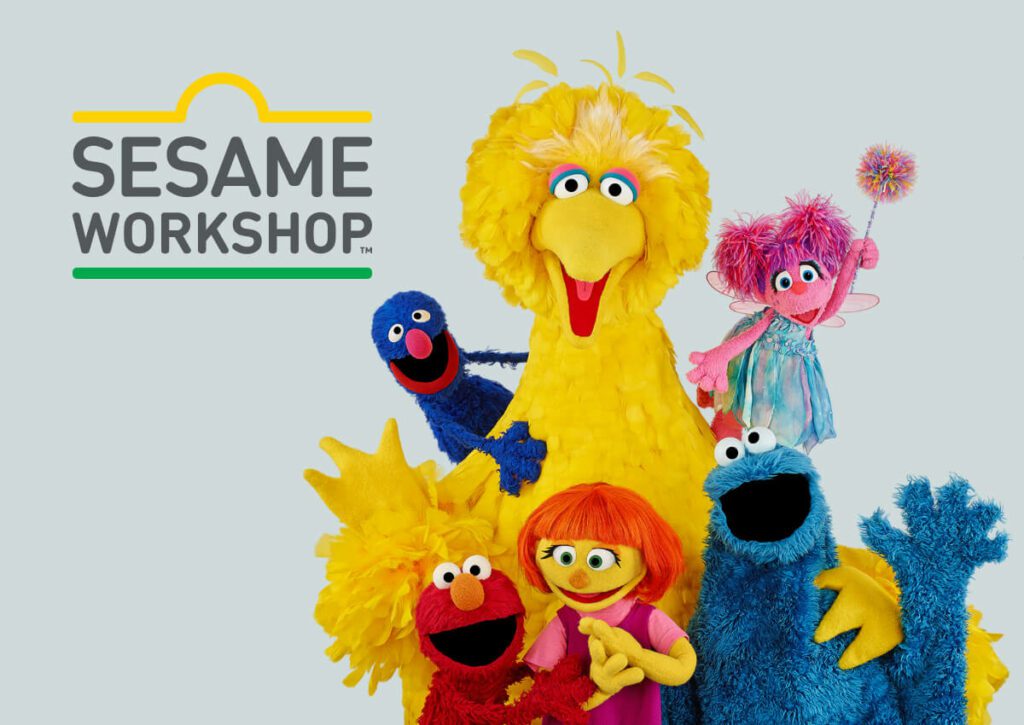
Helping our world “See Amazing in All Children”
Can you believe that Sesame Street has been producing quality educational programs for children for almost 55 years? And it’s been six years since Sesame launched their first puppet on the autism spectrum. Julia appeared on her first episode of Sesame Street on April 10, 2017. She originally was created in digital form when Sesame Street launched their autism resources in 2015.
The iconic television show has a long history of inclusive representation of individuals with disabilities. They often featured children with Down syndrome and cerebral palsy, as well as kids in wheelchairs, blind, or other disabilities. They were doing this when individuals with disabilities were rarely, if ever, seen in entertainment. Doing this sent a message of inclusion to children- that being “different” is okay. But the creation of Julia is the first time a puppet has had a specific disability.
See Amazing
The Sesame Workshop’s autism awareness initiative is called “Sesame Street and Autism: See Amazing in All Children.” What an encouraging message for families impacted by a disability! Everyone has something to offer, even if they struggle to talk or learn in the same way other kids do.
One of Sesame Street’s autism resources are Daily Routine Cards. These are digital social stories to show kids about various activities or daily skills. Visuals like this can help prepare children for things that may cause them anxiety (like getting a haircut), or other daily living and social skills. We work on many of these things in our ABA Therapy, as well.
In addition to visuals, other autism resources from Sesame Street include helpful information for adults. They have a guide called Taking Care of the Caretaker with tips on reducing stress and taking care of yourself so you can take better care of your child. This falls directly in line with our philosophy of stress management for parents and caregivers.
“The Amazing Song” celebrates how every child has something amazing to offer. And it’s wonderful to see how inclusive it is by showing how some kids talk with a digital device, others struggle with eye contact, and others may flap their hands. But it’s all displayed in a way that’s made to show it’s okay and normal.
Creating Inclusive Places
Another aspect of these resources is the Provider Guide. It’s filled with ideas and suggestions for providing autism-friendly atmospheres and events that organizers can create within their communities. With this kind of focus it’s no surprise that Sesame Place, the Sesame Street themed amusement and water park, was the first theme park in the world designated as a Certified Autism Center by the IBCCES.
Even though the program states the goal is to provide resources “designed to serve autistic children and their families”, simply by including Julia as a friend of Elmo and Abby communicates a powerful message to all neurotypical kids watching. Children can learn at a young age that the classmate they have who is like Julia can be a friend.
In addition to the website, you can search the hashtag #SeeAmazing on social media to find content related to this initiative and even include it in your own social media posts.
We are huge fans of Sesame Street Workshop. They educate children on the fundamentals like letters, numbers, colors and shapes. But they also do an incredible job of teaching even more critical skills like friendship, acceptance, diversity, inclusion, and care for one another.
If you found this information helpful, we’d love it if you’d share it with your network!
